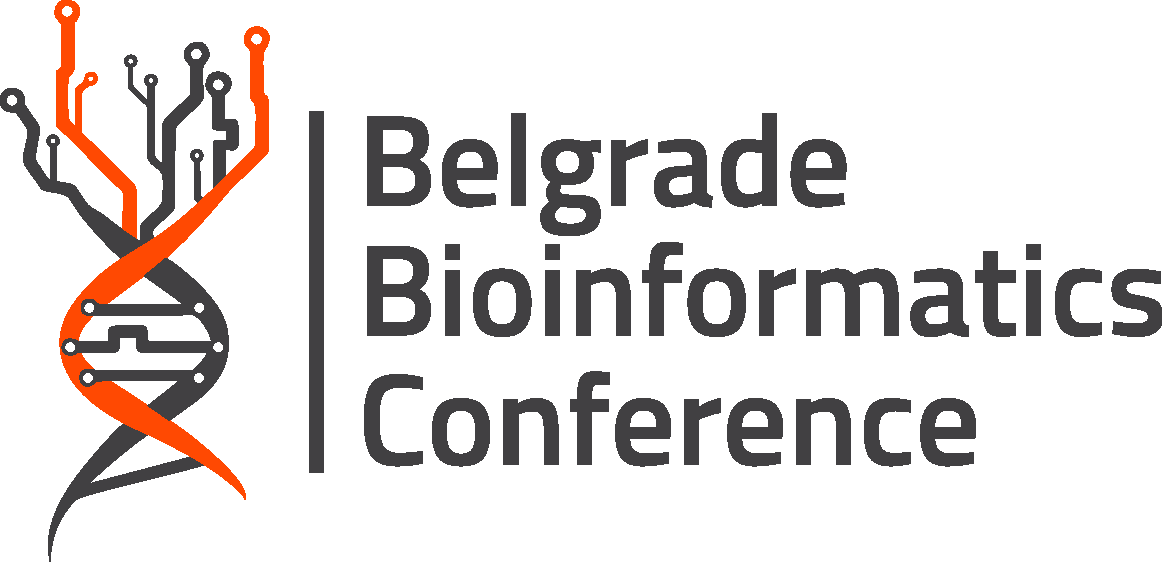Vladimir Brusić and Yinglun Li
University of Nottingham Ningbo China, Ningbo, China
vladimir.brusic [at] nottingham.edu.cn
Abstract
Sleep apnea is a serious sleep disorder characterized by intermittent stopping and starting of breathing during sleep. It affects approximately 20% of adults globally. Notably, approximately 85% of individuals with moderate to severe sleep apnea remain undiagnosed. Possible complications of sleep apnea include fatigue, high blood pressure, and increased risk of cardiovascular disease. Uncontrolled sleep apnea increases risk or worsens the prognosis of type 2 diabetes, metabolic syndrome, and liver problems.
Sleep apnea diagnosis uses polysomnography (PSG), a monitoring system that records multiple physiological parameters including heart rate, ECG, and oxygen levels during sleep. Although simplified home tests are available, they require multiple concurrent measurements and post-analysis by medical professionals, making them unsuitable for routine home monitoring. The average cost of a sleep apnea test in the USA is approximately $1,100 per test.
We introduce a novel system that utilizes heart rate data from wearable sensors for the monitoring and assessment of sleep apnea suitable for home-based healthcare. Our system utilizes advanced machine learning algorithms to analyze overnight heart rate data collected by wearable sensors. Data analysis is performed using edge computing device. The monitoring system segments the data, employs density maps for feature extraction, deploys machine learning, and assesses the presence and severity of sleep apnea. Finaly, a detailed, clinically relevant report is generated by the system.
The testing of our sleep apnea monitoring system indicates that the accuracy is approximately 90%. Misclassification of existing sleep apnea occurred in patients that have very low heart rate variation. Home-based monitoring systems for sleep apnea can help improve correct diagnosis in affected population and reduce the number of unnecessary tests. Furthermore, the progression of diagnosed sleep apnea can be monitored using a single heart rate sensor.
Keywords: heart rate, home healthcare, machine learning, sleep apnea, wearable sensors

